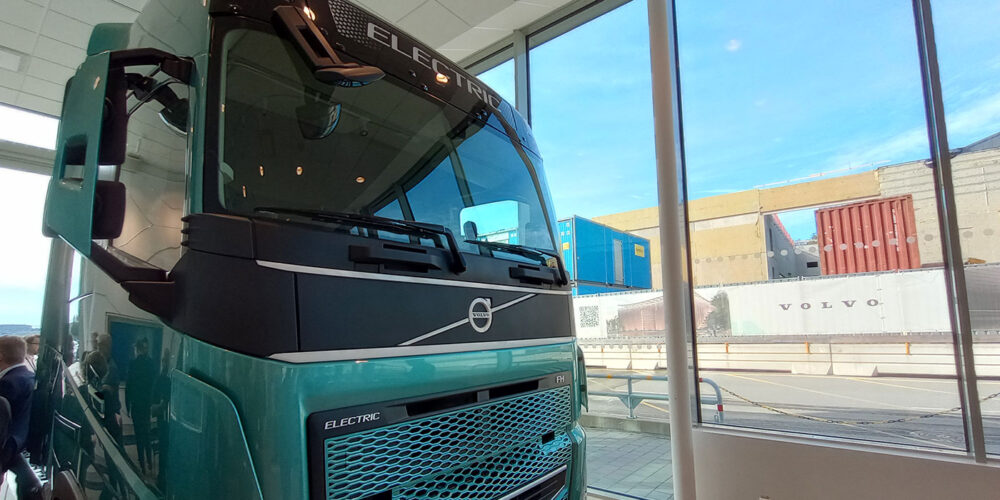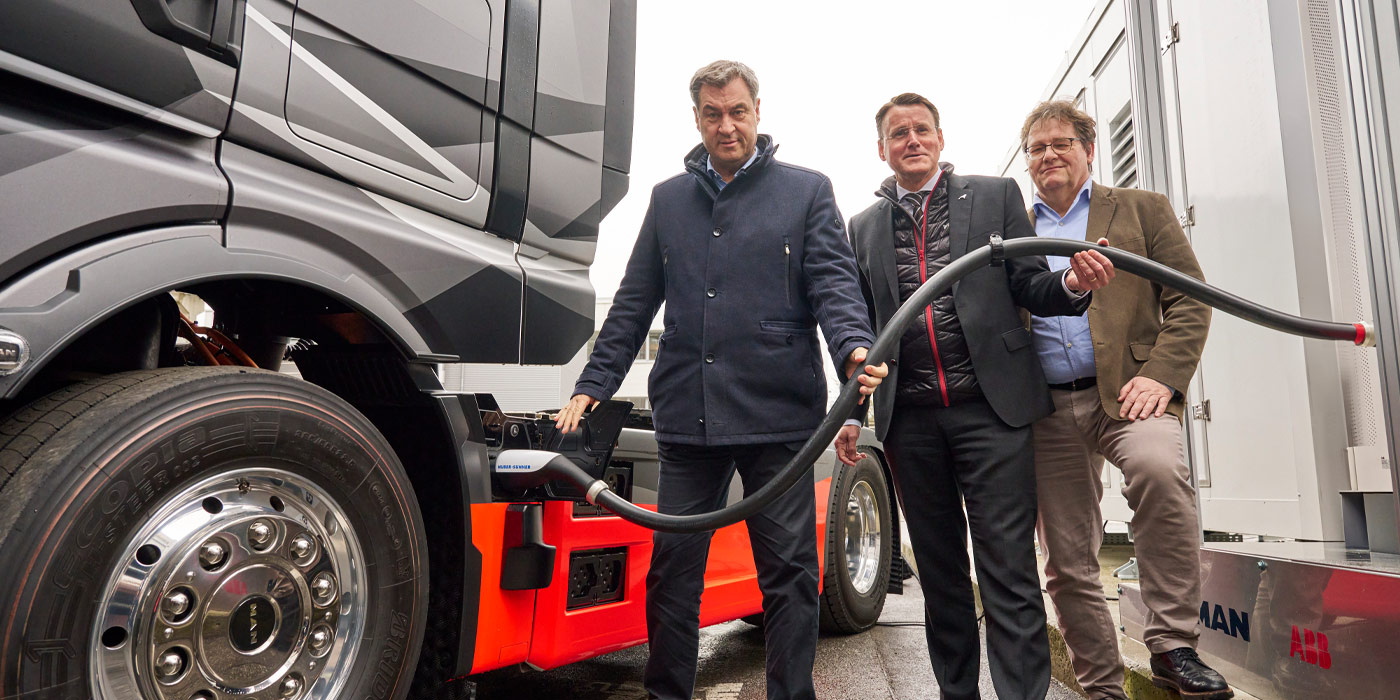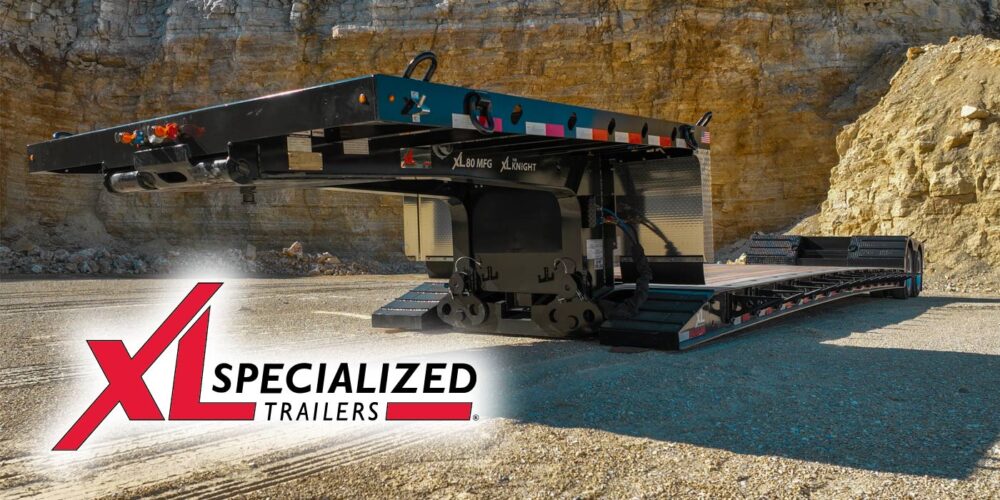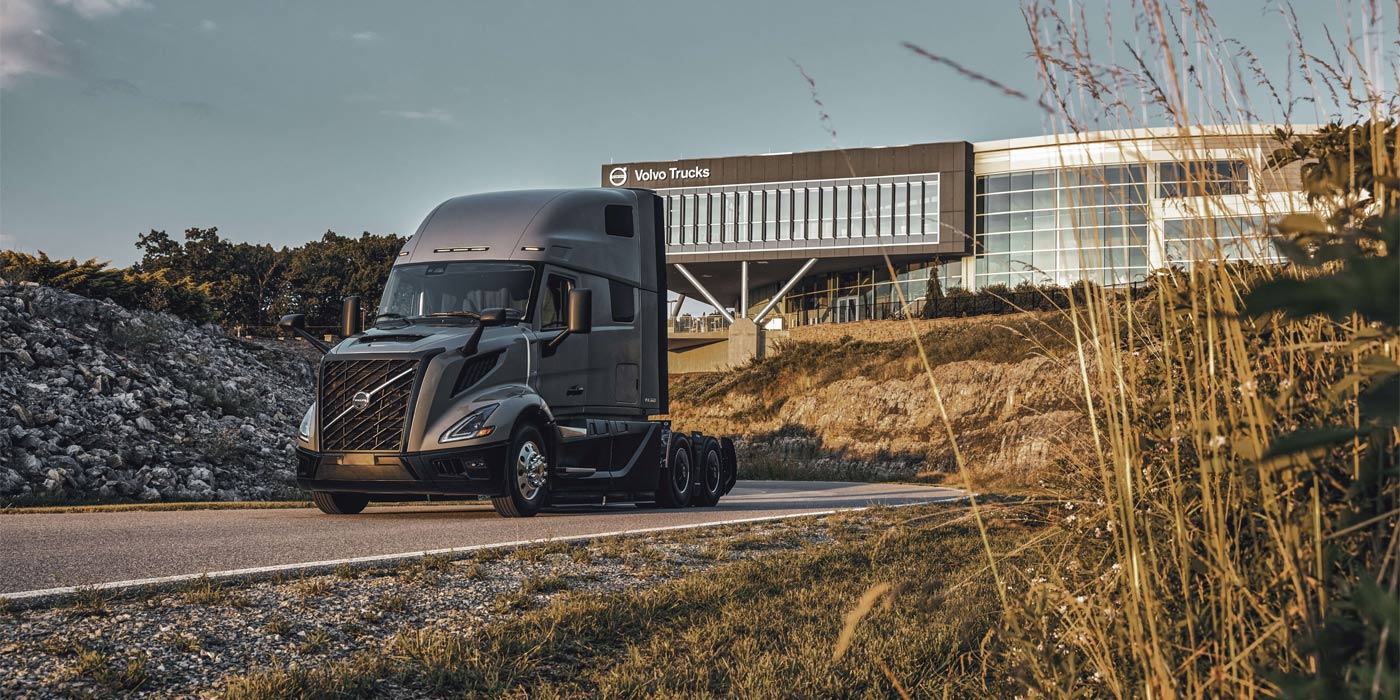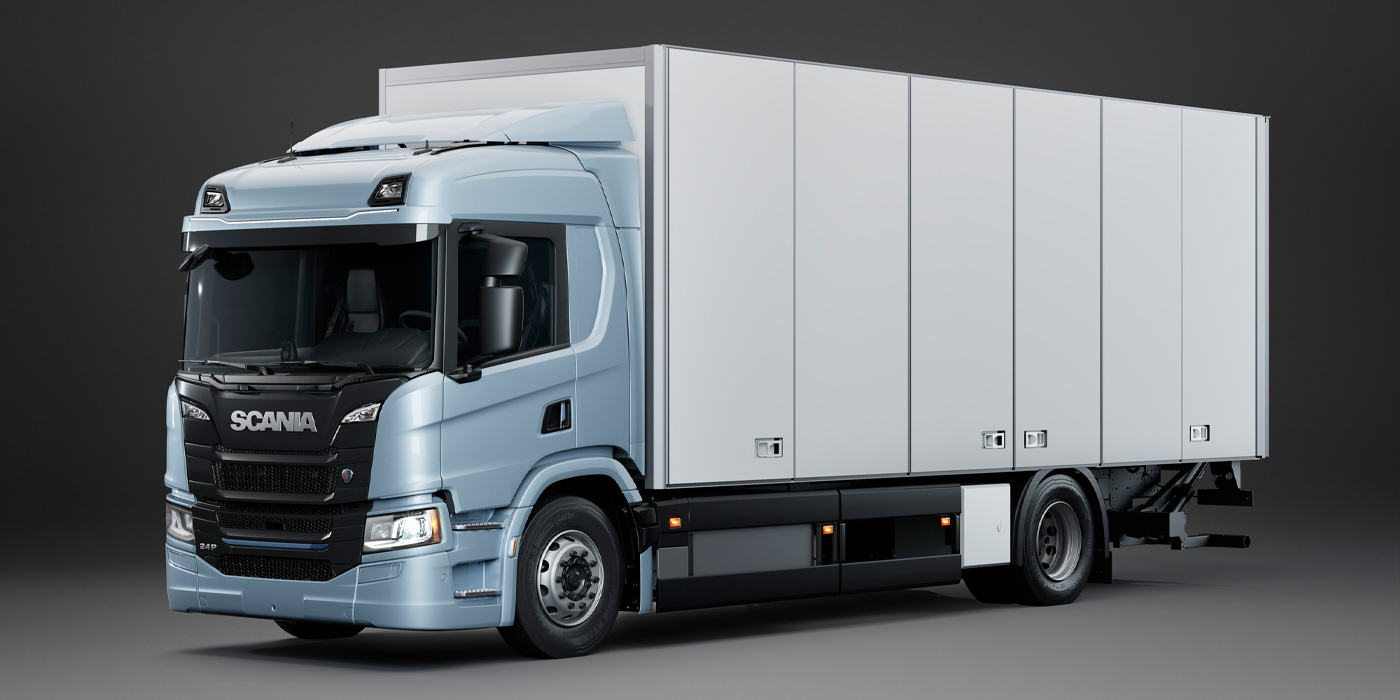The destination is clear: zero-emissions trucks. The road to get there, however, is being paved day by day with the continued development and sale of trucks today, both diesel and battery electric. During a press event held in Gothenburg, Sweden, home of Volvo Trucks, the OEM’s leadership talked about today’s battery electric truck performance in the market and the zero-emissions trucking technology that is on its way.
Roger Alm, president of Volvo Trucks, set the tone.
The Jessica Sandström, senior vice president of product management and sustainability at Volvo Trucks, noted that as battery electric Volvo trucks, such as the VNR Electric, are already at work in the global market, hydrogen fuel cell technology is close behind.
“We have started our internal test of the hydrogen fuel cell,” Sandström confirmed. “The fuel cell truck will be most suitable for the type of operation that is long-distance where you don’t have time to charge with electricity. You will be able to have a higher range on this type of truck.”
Sandström said that hydrogen fuel cell development continues via Cellcentric, its joint venture with Daimler Trucks, but was quick to clarify that while the hydrogen fuel cell will be jointly developed, there will still be big differentiators when competing trucks come to the market.
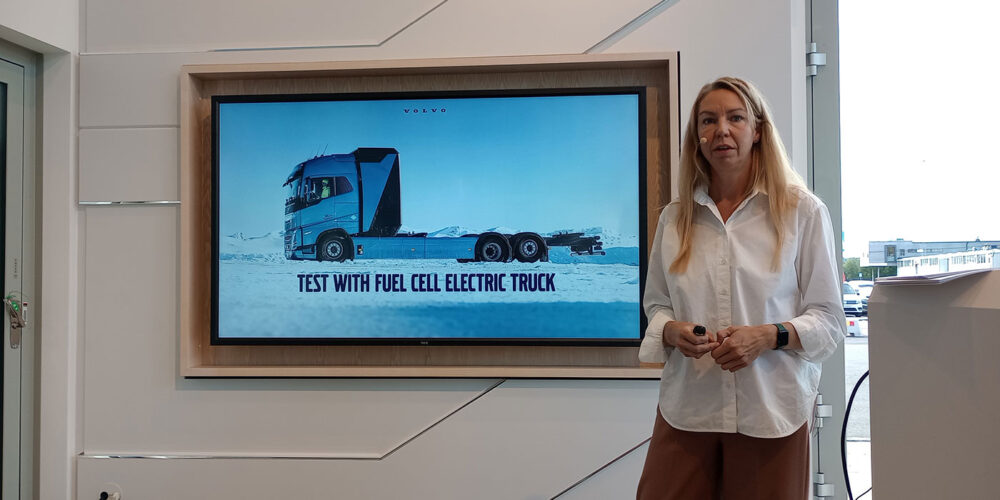
“It does not at all mean that we will have the same truck,” Sandström said, “because the performance of the truck is very much dependent on how you integrate the fuel cell into the system, how you optimize when to use what type of energy, how we manage the batteries and so on. The software is also key—it will behave like a Volvo and feel like a Volvo.
“You can be sure that we will still be fierce competitors out in the market.”
In a related video, Fleet Equipment‘s David Sickels had an exclusive opportunity to talk with Cellcentric’s Chief Technology Officer Nicholas Loughlan about the hydrogen fuel cell’s development. Check that out below.
The Volvo Trucks team highlighted its charging infrastructure initiatives, including its JV with Daimler Trucks and TRATON in Europe, as well as its efforts in the U.S., linked below:
Still, much more electric charging infrastructure, particularly suited for heavy-duty trucks, is needed.
“We believe [electric infrastructure development] is too slow, and we encourage the public sectors and politicians to move in this direction,” Sandström said.
Volvo Trucks will continue to develop its own zero-emissions equipment technology. Sandström detailed the development of Volvo’s electric axle (e-axle).
“We have for many years built engines and gear boxes as our core; that has been the heart of why we have a global truck presence and with [the e-axle] we believe we will be able to take the next step in this development,” Sandström said. “This will allow us to pack more batteries on board so that we will be able to extend the driving distance even further. The e-axle is going to be important both for the battery electric truck but also for the hydrogen fuel cell truck where we need to pack both batteries and fuel cell stack and the tanks on board.”
Stay tuned for more updates from Gothenburg as we get our hands on a few of Volvo Trucks’s latest equipment advances.

